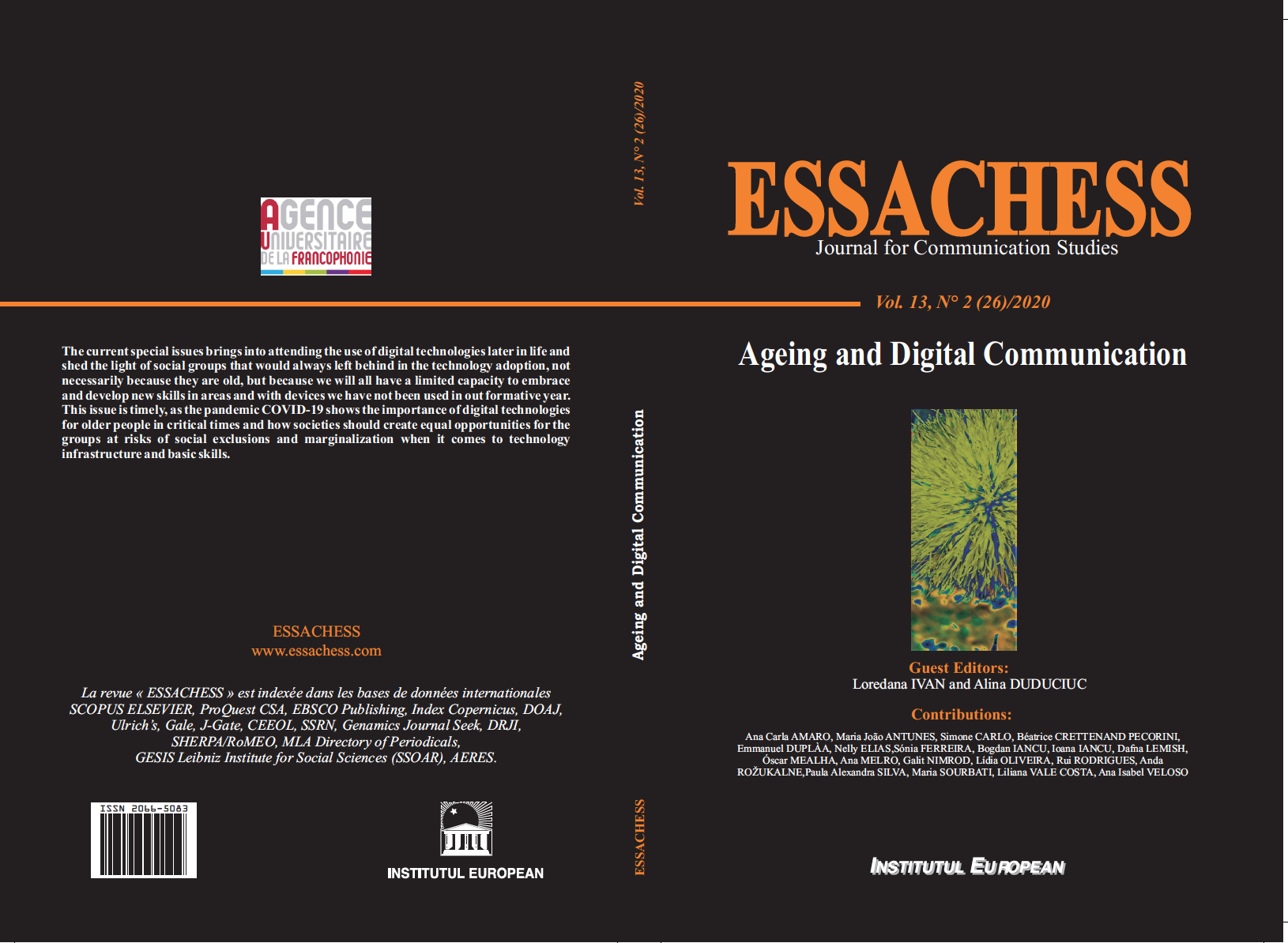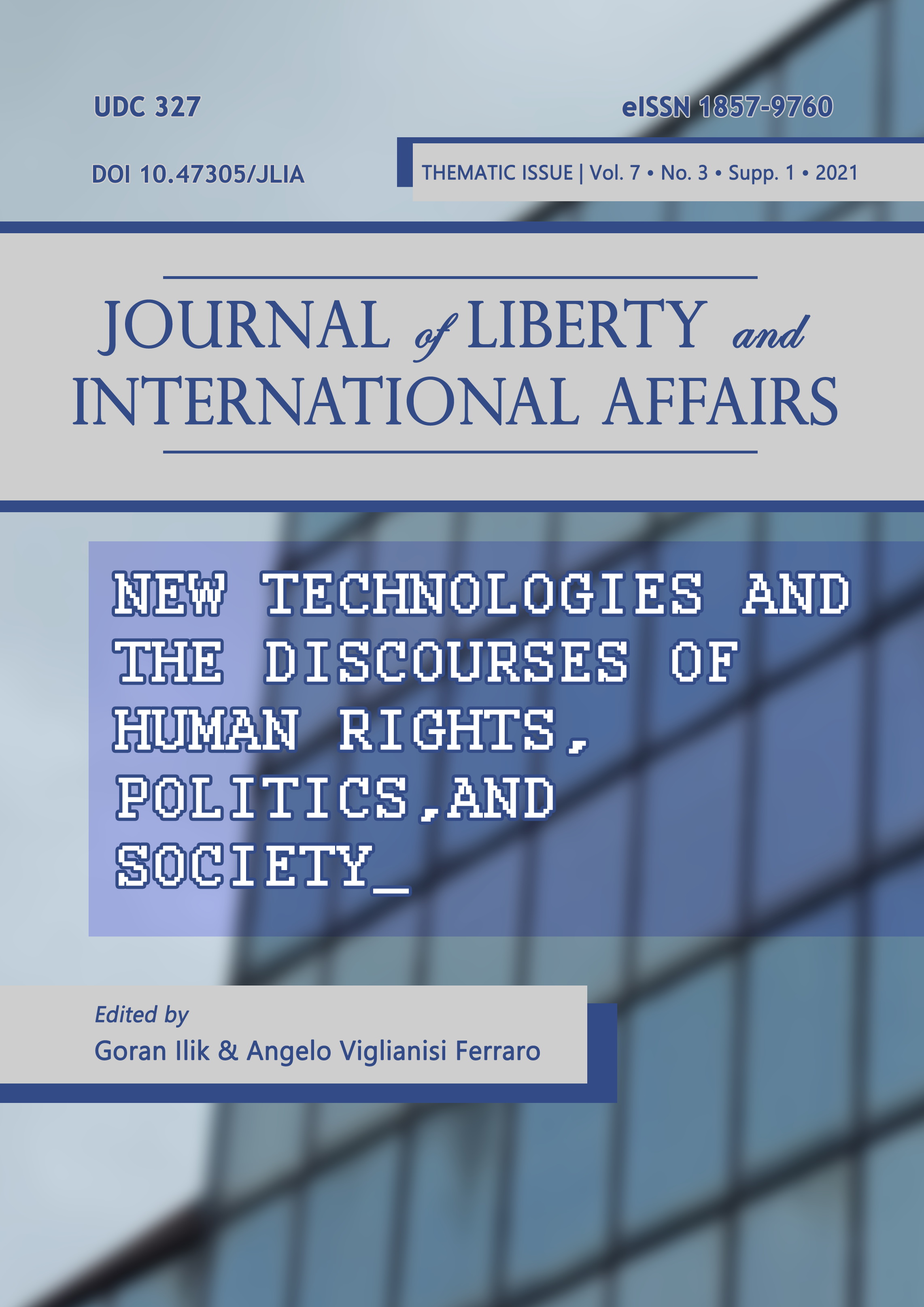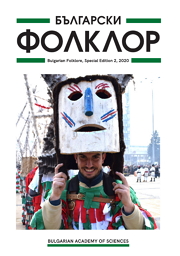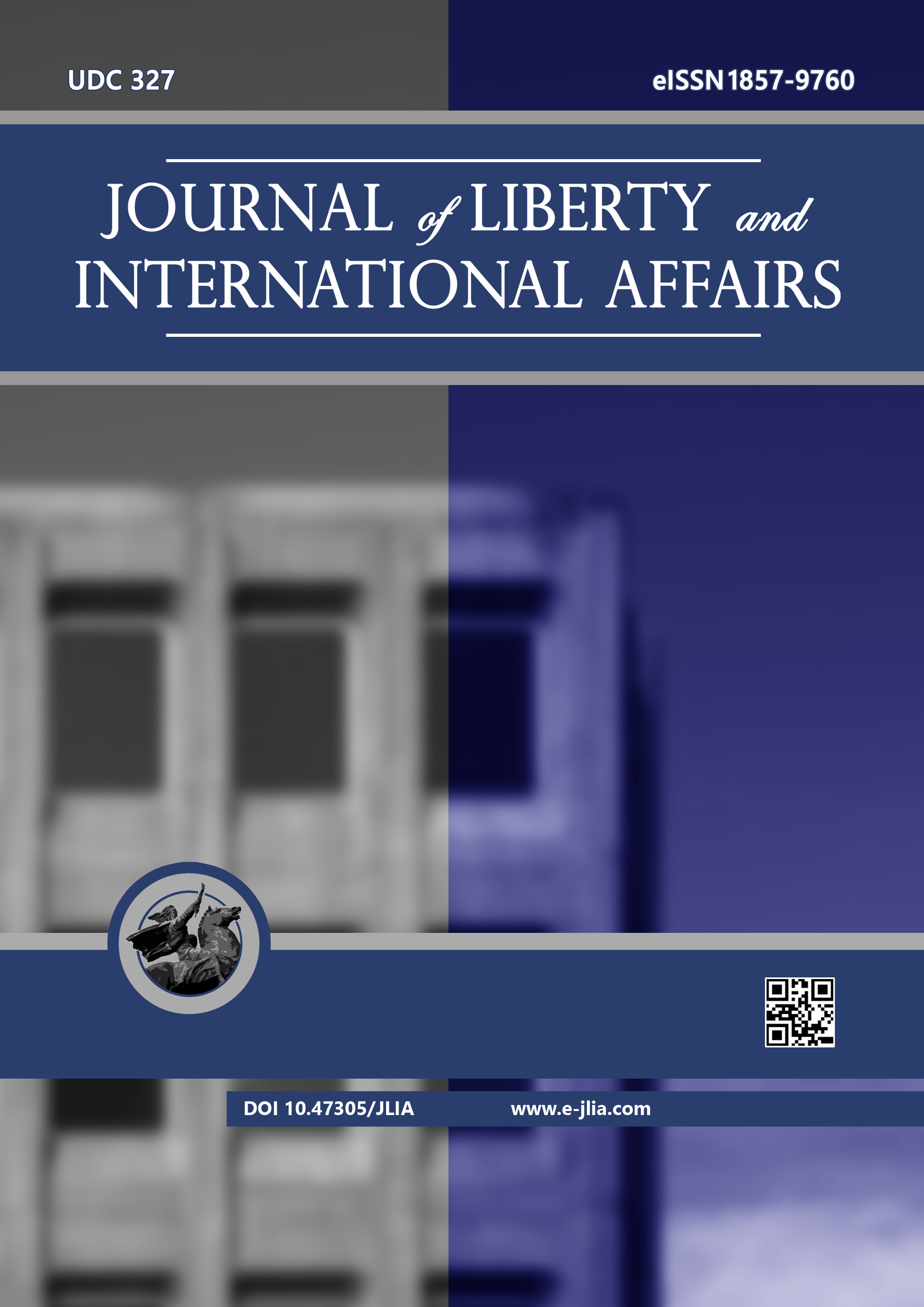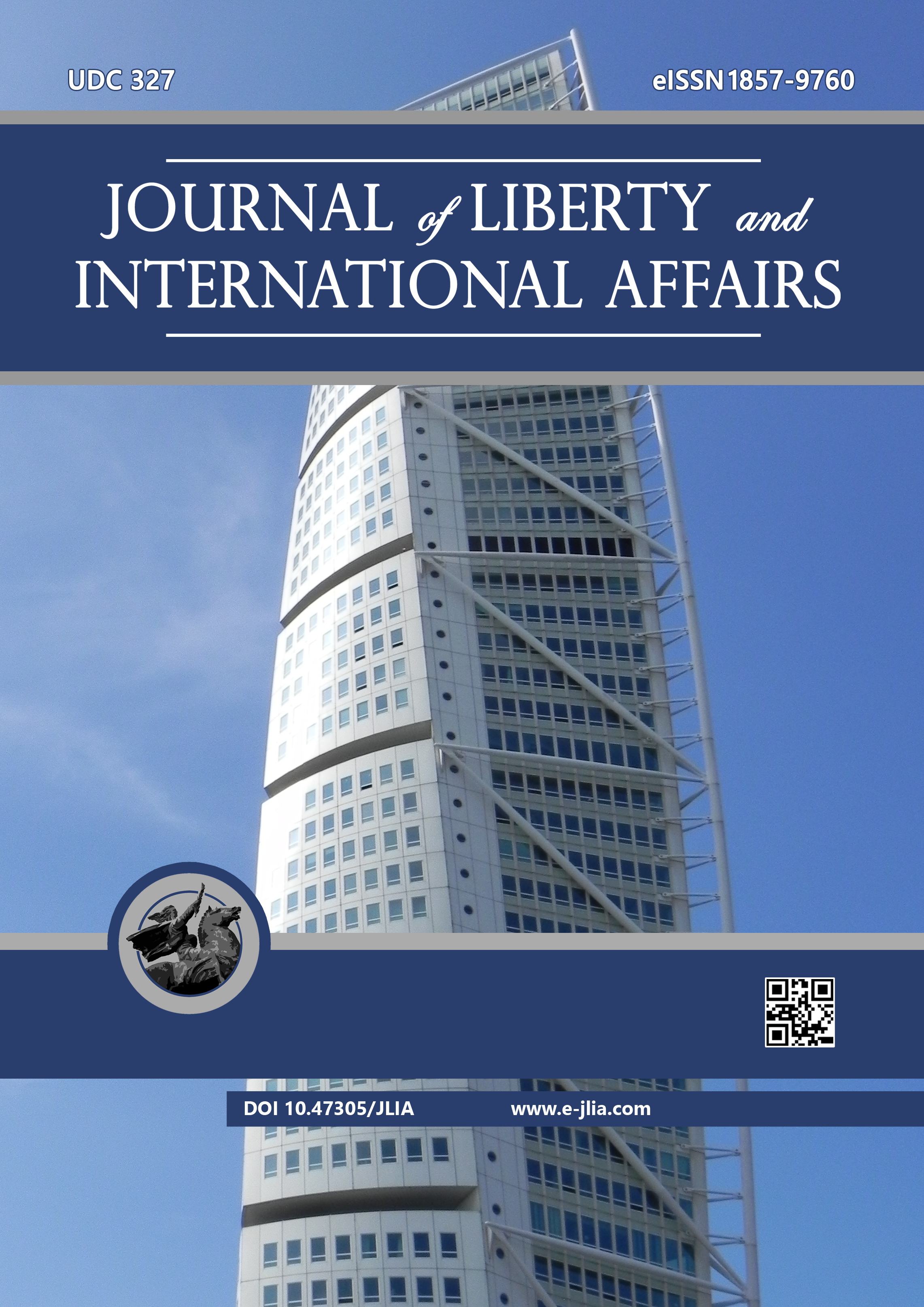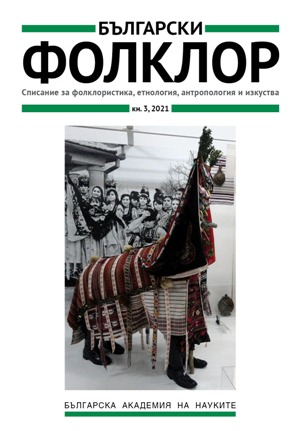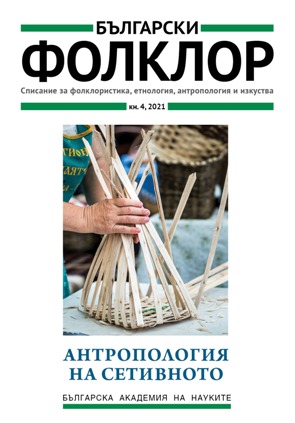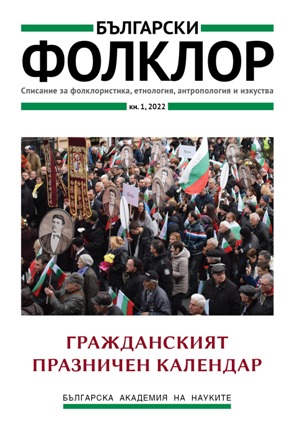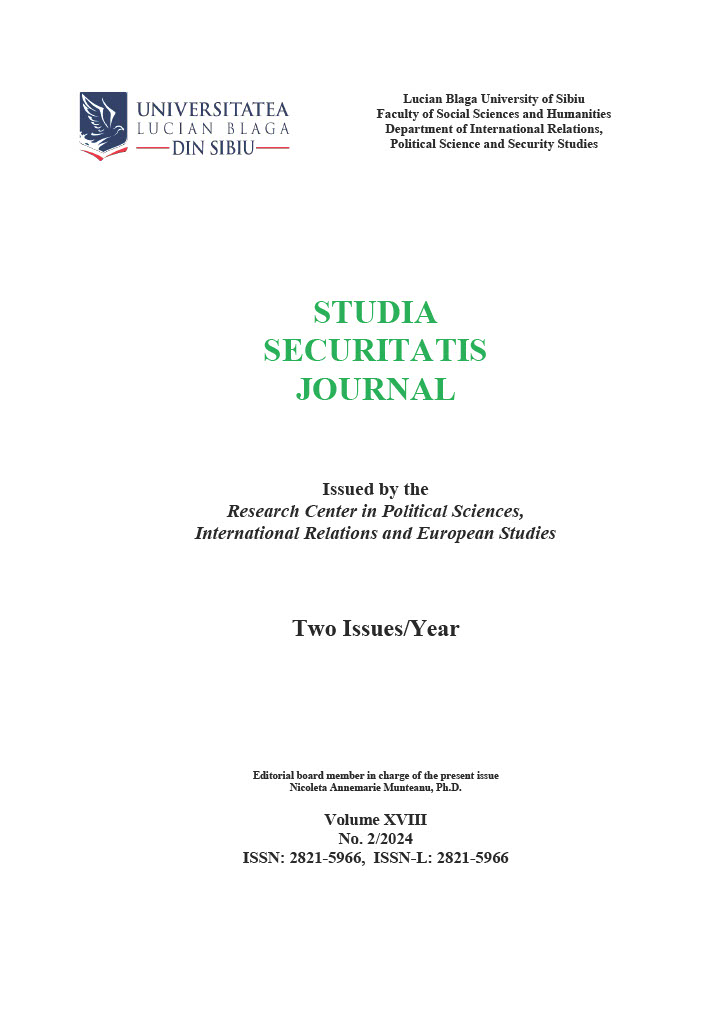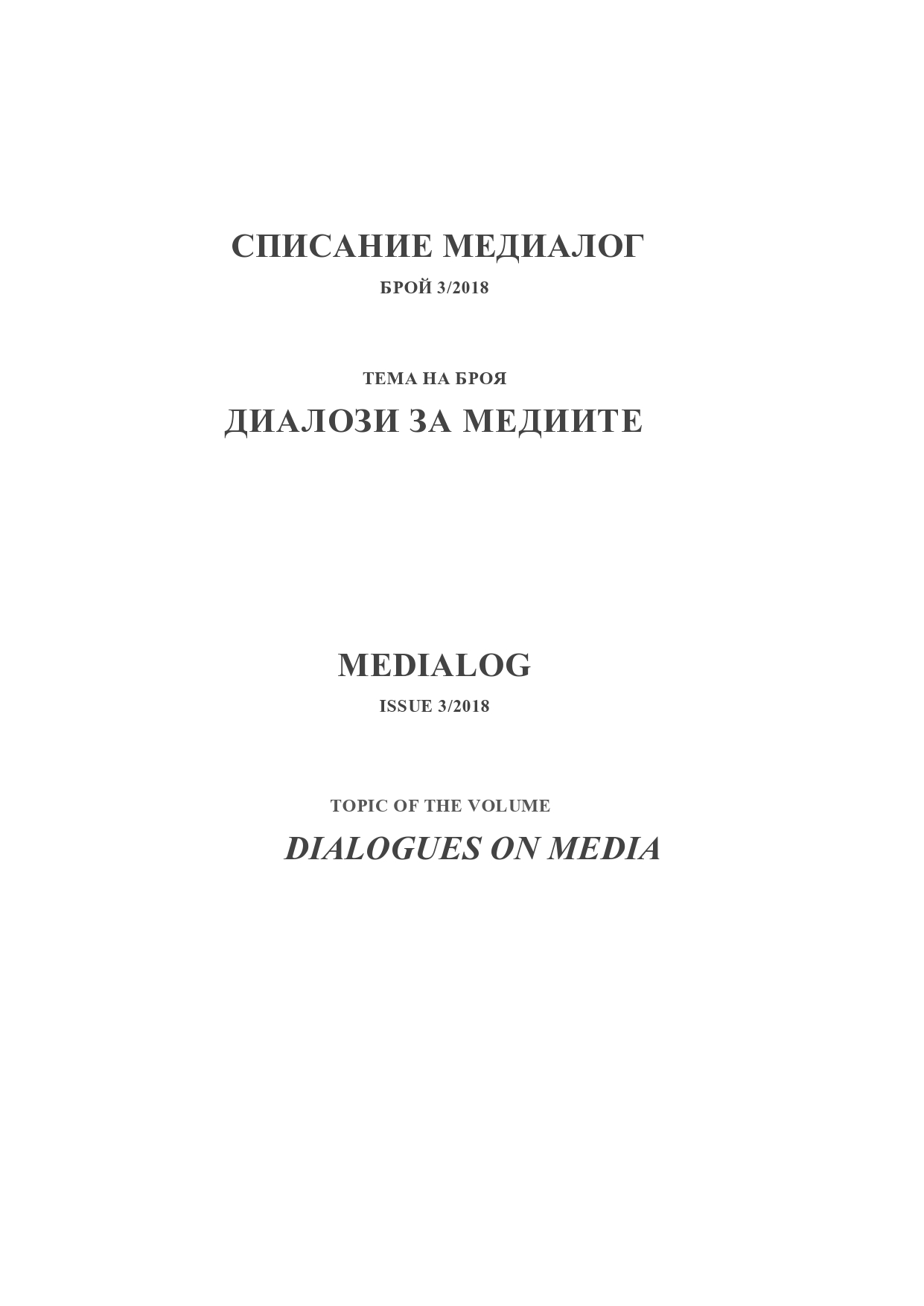
Рецензия на книгата „Медиатизираното измерение на външната политика“ на Мария Нейкова и Ралица Ковачева
The book Тhe Мediatized Dimension of Foreign Policy presents the results of a study of foreign policy claims in the election campaign for the early parliamentary elections in Bulgaria on March 26, 2017. The study was carried out by Prof. Dr. Maria Neikova and Dr. Ralitsa Kovacheva under a project financed by the Scientific Research Centre at the Sofia University ‘St. Kliment Ohridski’.The book Тhe Мediatized Dimension of Foreign Policy presents the results of a study of foreign policy claims in the election campaign for the early parliamentary elections in Bulgaria on March 26, 2017. The study was carried out by Prof. Dr. Maria Neikova and Dr. Ralitsa Kovacheva under a project financed by the Scientific Research Centre at the Sofia University ‘St. Kliment Ohridski’.
More...
